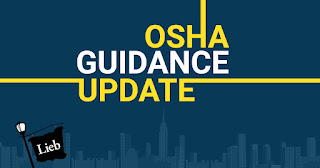In staying the OSHA vaccine mandate, the Supreme Court wrote "that the Secretary lacked authority to impose the mandate."
As the Court explained "permitting OSHA to regulate the hazards of daily life—simply because most Americans have jobs and face those same risks while on the clock—would significantly expand OSHA’s regulatory authority without clear congressional authorization." The problem, as set forth by the Supreme Court, was that the mandate was indiscriminately applied. However, and to be CLEAR, the problem was not that it was unconstitutional, violated federalism, or anything else.
The Supreme Court did not rule that either:
- The Federal Government cannot issue a nationwide vaccine mandate; or
- Biden's Executive Branch cannot issue a nationwide vaccine mandate.
In fact, the concurring opinion set it simply, "that power rests with the States and Congress, not OSHA."
That is not to say OSHA has no power to regulate workplaces with respect to COVID. The Court carefully said OSHA does have power by writing that it was "not [] say[ing] OSHA lacks authority to regulate occupation-specific risks related to COVID–19. Where the virus poses a special danger because of the particular features of an employee’s job or workplace, targeted regulations are plainly permissible." As such, the Supreme Court invited a new mandate to be issued by OSHA and suggested that it targets COVID researchers or risks associated with crowded / cramped environments.

